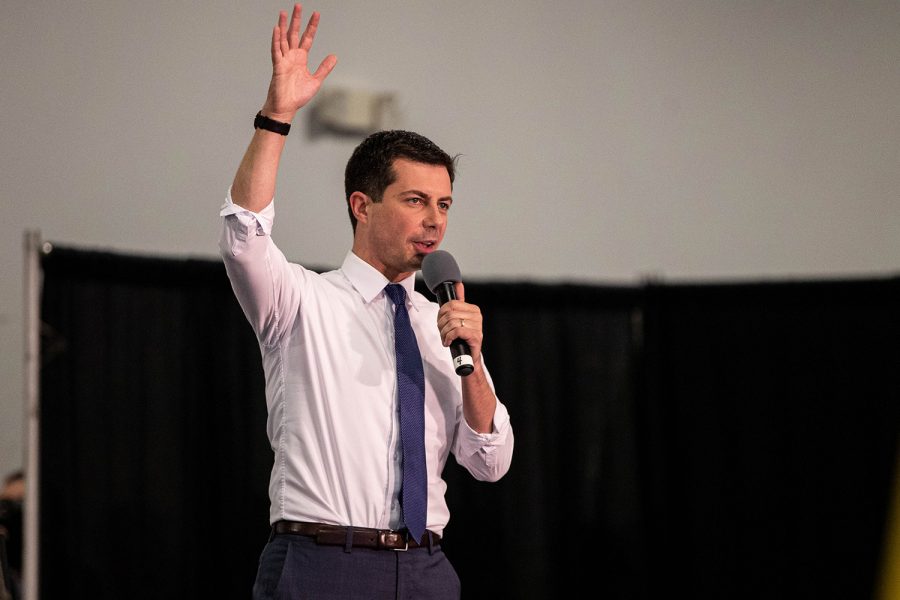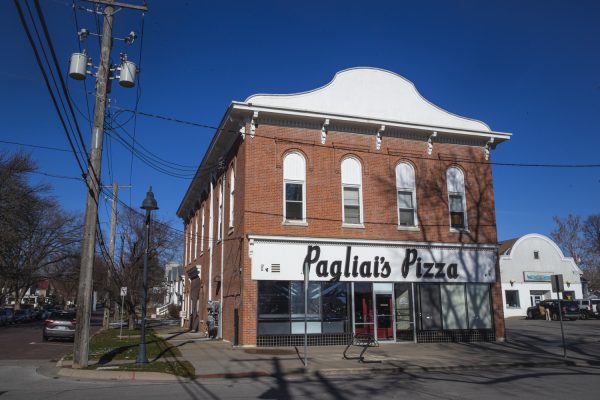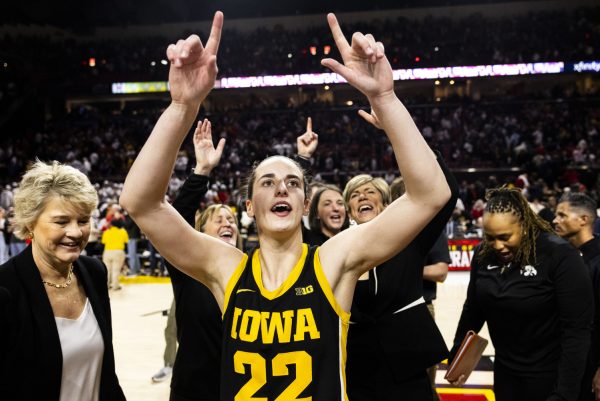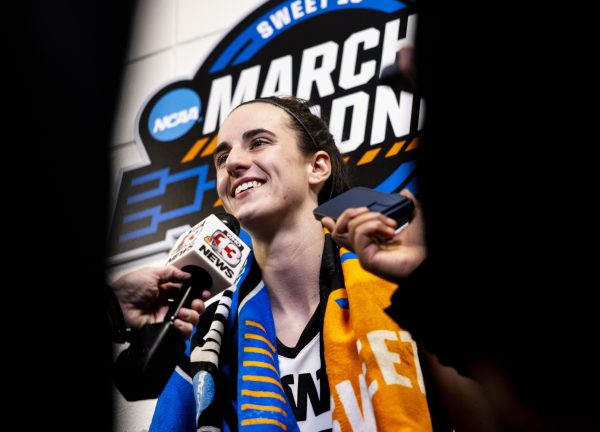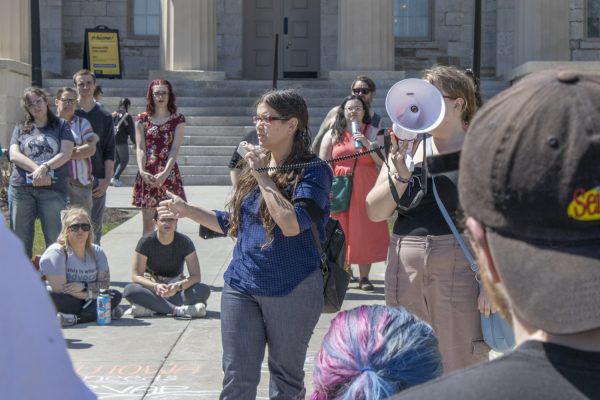Pete Buttigieg releases plan targeting higher education and tuition costs
Democratic presidential hopeful Pete Buttigieg announced plans to lower tuition costs, increase federal student aid, and put more money into workforce training in a higher education plan released Monday.
Mayor Pete Buttigieg speaks during the first annual Finkenauer fish fry at Hawkeye Downs on Saturday, November 2, 2019. U.S. Rep. Abby Finkenauer hosted eight presidential candidates for a fish fry focused on jobs and infrastructure.
November 18, 2019
Democratic presidential hopeful Pete Buttigieg released a plan Monday that would commit billions of federal dollars to public colleges and universities and workforce-training programs, aiming to lower the price of college and allow more options for education beyond high school.
The plan proposes substantial funding to offset college tuition and lower student-loan debt, but it doesn’t go as far as some of Buttigieg’s opponents in the Democratic-nomination race in eliminating tuition costs and student debt entirely.
Sen. Elizabeth Warren, D-Mass., and Sen. Bernie Sanders, I-Vt., have both proposed universal free tuition for public four-year institutions. Warren has proposed canceling up to $50,000 of debt for individuals with a household income of $100,000 or less, while Sanders has introduced legislation to eliminate all of the $1.6 trillion dollars in student-loan debt in the United States.
Buttigieg’s higher-education plan builds on a proposal the campaign released Nov. 8 that would make college tuition-free for families earning up to $100,000 a year. The plan released Monday adds subsidies for families of students earning up to $150,000.
“A college degree has long been a ticket to well-paying jobs and fulfilling post-graduate opportunities — and for many Americans, a pathway to the middle class,” the campaign said in a press release with the plan. “But today, college costs students and their families more than ever before.”
RELATED: Elizabeth Warren proposes student-debt cancellation, free tuition
Other changes to college funding in the new plan include expanding the free-and-reduced-lunch program to community colleges and dedicating $50 billion toward historically black colleges and universities, tribal colleges, and minority-serving institutions.
Buttigieg’s proposal also calls for expanding the Pell Grant — a form of aid that benefits those who demonstrate the most financial need on the Free Application for Federal Student Aid — by $120 billion. The plan would allow for a $1,000 increase in the maximum Pell Grant, which is currently $6,195, to cover food and living costs. It would also make Deferred Action for Childhood Arrivals recipients and incarcerated people eligible for Pell Grants.
The plan comes on the heels of Buttigieg’s ascent to the top of the Nov. 16 Des Moines Register/CNN/Mediacom Iowa poll. Twenty-five percent of poll respondents said Buttigieg was their first choice, an increase of 16 percentage points from the same poll in September.
The poll, conducted by Des Moines-based pollster Selzer and Co. between Nov. 8 and 13, surveyed 500 likely caucusgoers and has a margin of error of 4.4 percentage points.
Buttigieg joins Sen. Cory Booker, D-N.J., in advocating for legislation similar to California’s Fair Pay to Play Act, which allows college athletes to hire agents and profit off their image through advertisements and endorsements.
RELATED: UI Athletics Director Gary Barta talks effects of pay-to-play, sports-betting laws
When it comes to student-loan debt, Buttigieg would strengthen the affordability of loan-repayment plans and offer full debt cancelation for public servants after 10 years of employment. The plan would get rid of debt for students who attended “unaffordable for-profit programs” that don’t leave students with good job prospects.
Another segment of the plan focuses on workforce-training initiatives. The plan would put $50 billion toward various programs including increasing career education programs in high schools and colleges and increasing apprenticeship programs.
Buttigieg would form a “Skills Cabinet” that would develop a skilled and diverse workforce by increasing funding to worker retraining programs and strengthening training and career counseling services, including in prisons.
“Pete knows that as important as it is to make college affordable, it must also be possible to get a well-paying job and launch or advance a career in more ways than one,” the release said.



